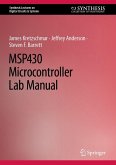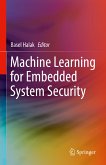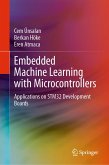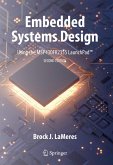A subtle change that leads to disastrous consequences-hardware Trojans undoubtedly pose one of the greatest security threats to the modern age. How to protect hardware against these malicious modifications? One potential solution hides within logic locking; a prominent hardware obfuscation technique. In this book, we take a step-by-step approach to understanding logic locking, from its fundamental mechanics, over the implementation in software, down to an in-depth analysis of security properties in the age of machine learning. This book can be used as a reference for beginners and experts alike who wish to dive into the world of logic locking, thereby having a holistic view of the entire infrastructure required to design, evaluate, and deploy modern locking policies.
- Provides a comprehensive introduction to logic locking, suitable for beginners and experts;
- Offers a novel perspective on hardware Trojan classification and its interplay with logic locking;
- Presents details on the design and implementation of a silicon-ready logic-locking software framework;
- Introduces scaling techniques to design and apply logic locking to complex hardware components, such as processors;
- Presents novel ways of evaluating the security of logic locking with machine learning.
Dieser Download kann aus rechtlichen Gründen nur mit Rechnungsadresse in A, B, BG, CY, CZ, D, DK, EW, E, FIN, F, GR, HR, H, IRL, I, LT, L, LR, M, NL, PL, P, R, S, SLO, SK ausgeliefert werden.









